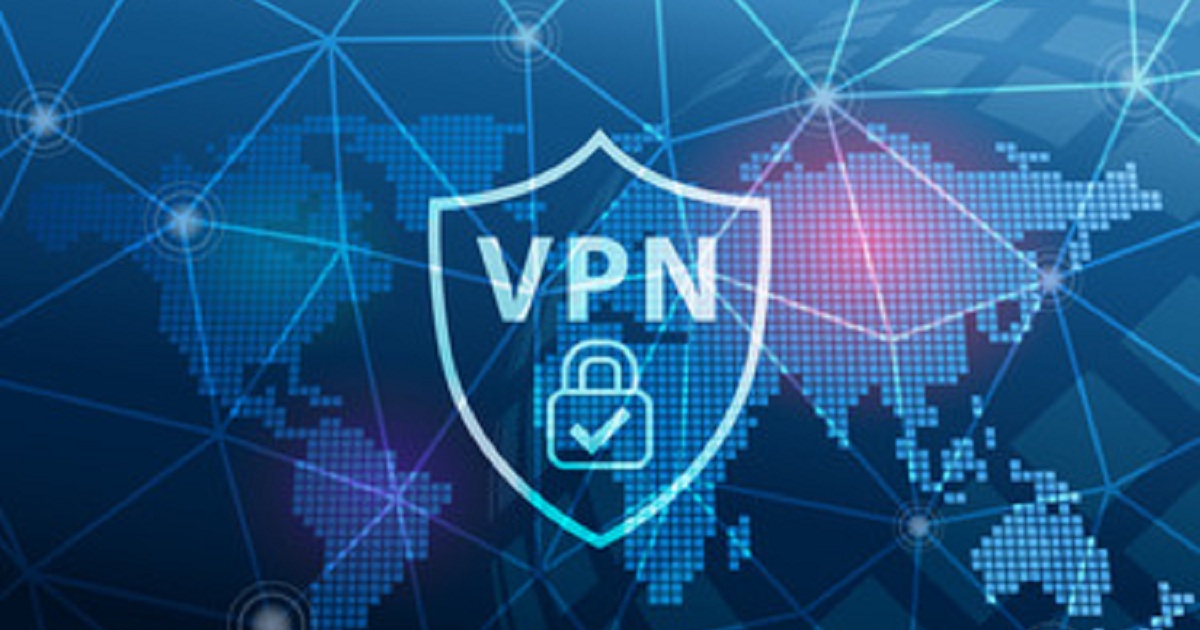Zscaler Announces New Study to Examine Hidden Vulnerabilities Found in Enterprise VPNs
Zscaler | February 17, 2021

Zscaler, Inc. (NASDAQ: ZS), the pioneer in cloud security, today announced another examination that analyzes hidden vulnerabilities found in big business virtual private organizations (VPNs) and spotlights the requirement for a zero-trust security way to deal with alleviate dangers. Distributed as a team with the Cybersecurity Insiders, the report incorporates discoveries from a worldwide study of in excess of 350 cybersecurity experts on the present status of far off access conditions, the ascent in VPN vulnerabilities, and the job zero-trust security models play in giving admittance to big business applications. To download the full examination, see the Zscaler 2021 VPN Risk Report.
Throughout the previous thirty years, VPNs have been conveyed to furnish far off clients with admittance to assets on corporate organizations. Notwithstanding, the expanded interest for distant work arrangements, a move to the cloud, and progressions in advanced change have revealed expanded inconsistency among VPNs and genuine zero-trust security designs. These inconsistencies, generally because of VPNs natural requirement for admittance to the organization, and should be presented to the Internet, have expanded the venture assault surface permitting danger entertainers to misuse these heritage models dependent on their innate trust of clients.
The 2021 Zscaler VPN Risk Report features the current VPN utilization by endeavors and uncovered the rundown of top difficulties looked by IT overseers who oversee VPNs. It suggests security options that exist for organization and security pioneers needing to give quick, consistent and secure admittance to business applications without bargaining their current zero trust security methodologies, and incorporates information that gives a brief look into the job that zero trust will play later on for far off access. The review discoveries show:
• 93 percent of companies surveyed have deployed VPN services, despite 94% of those surveyed admitting that they are aware that cybercriminals are exploiting VPNs to access network resources.
• Respondents indicated that social engineering (75%), ransomware (74%), and malware (60%) are the most concerning attack vectors and are often used to exploit users accessing VPNs.
• With nearly three out of four businesses concerned with VPN security, 67% of organizations are considering remote access alternatives to the traditional VPN.
• As a result of growing VPN security risks, 72% of companies are prioritizing the adoption of a zero-trust security model, while 59% have accelerated their efforts due to the focus on remote work.
• Looking at the future need for zero trust services, the report states that 77% of respondents indicated that their workforce will be hybrid, with greater flexibility for users to work remotely or in the office.
“It’s encouraging to see that enterprises understand that zero-trust architectures present one of the most effective ways of providing secure access to business resources,” said Chris Hines, Director, Zero Trust Solutions, Zscaler. “As organizations continue on their journey to cloud and look to support a new hybrid workforce, they should rethink their security strategy and evaluate the rising cybersecurity threats that are actively exploiting legacy remote access solutions, like VPN. The more secure approach is to completely leave network access out of the equation by taking the users securely and directly to the applications by brokering all user to app connections using a cloud-delivered zero trust access service instead.”
About Zscaler
Zscaler (NASDAQ: ZS) accelerates digital transformation so customers can be more agile, efficient, resilient, and secure. The Zscaler Zero Trust Exchange protects thousands of customers from cyberattacks and data loss by securely connecting users, devices, and applications in any location. Distributed across more than 150 data centers globally, the SASE-based Zero Trust Exchange is the world’s largest in-line cloud security platform.